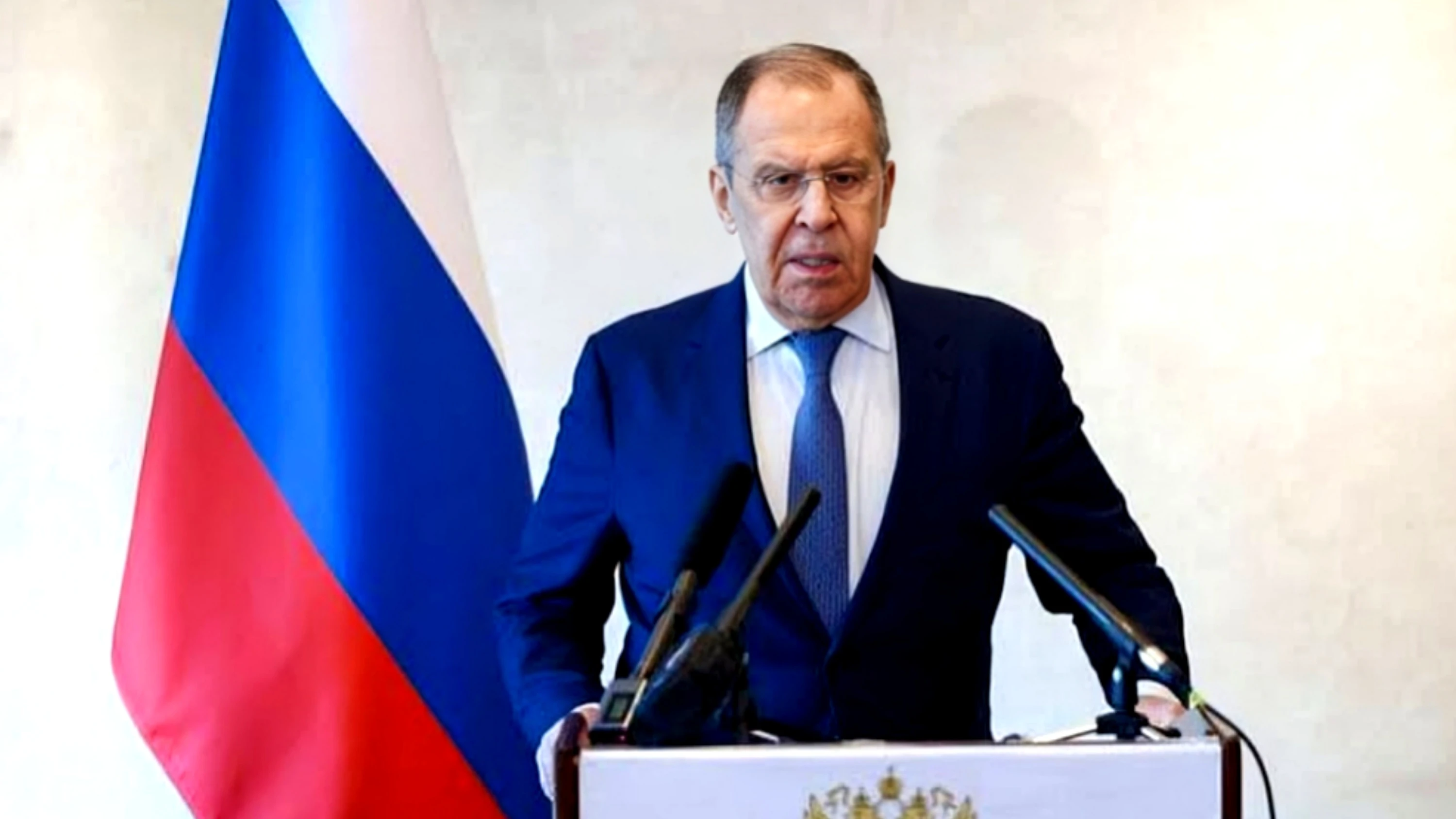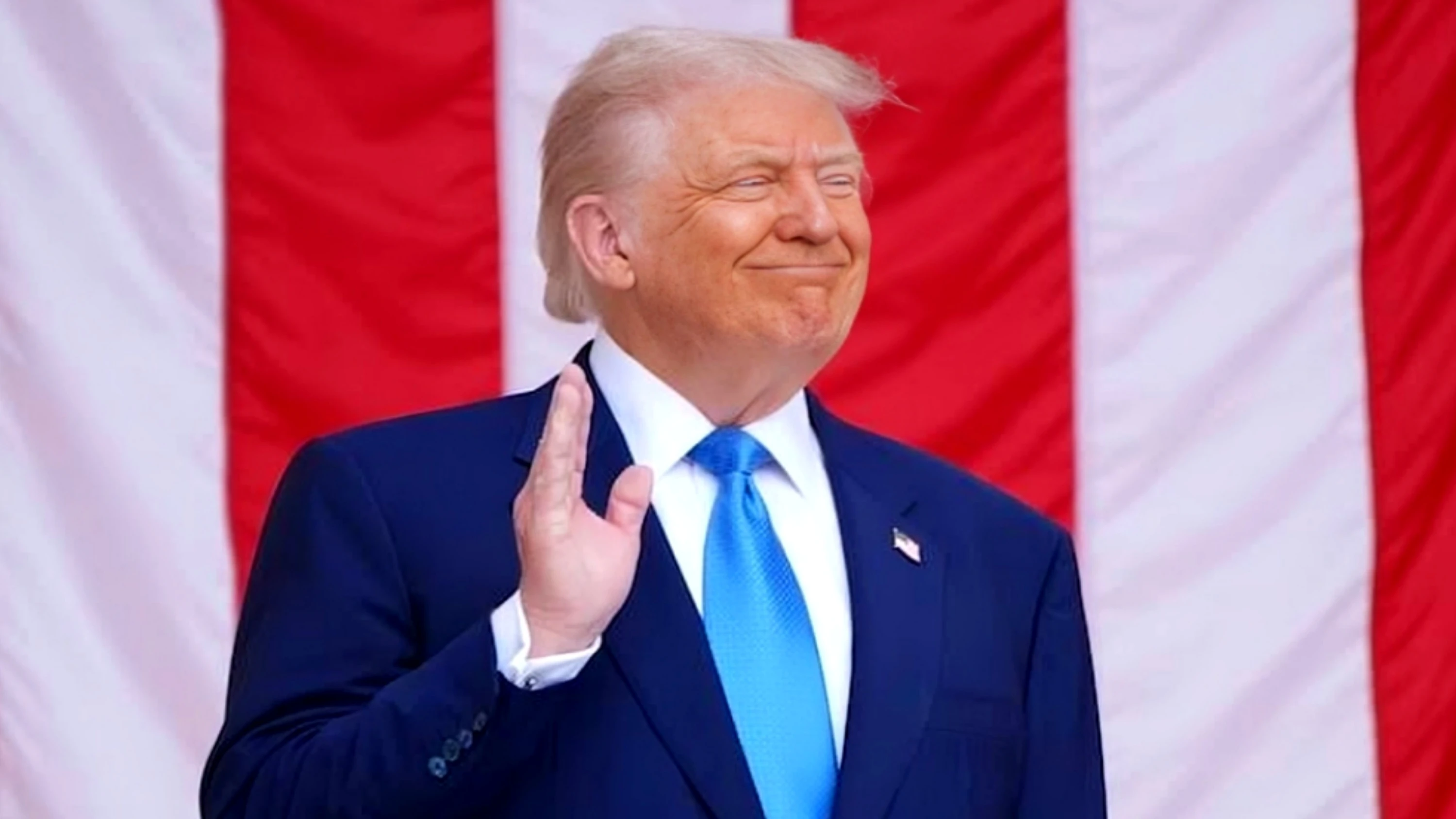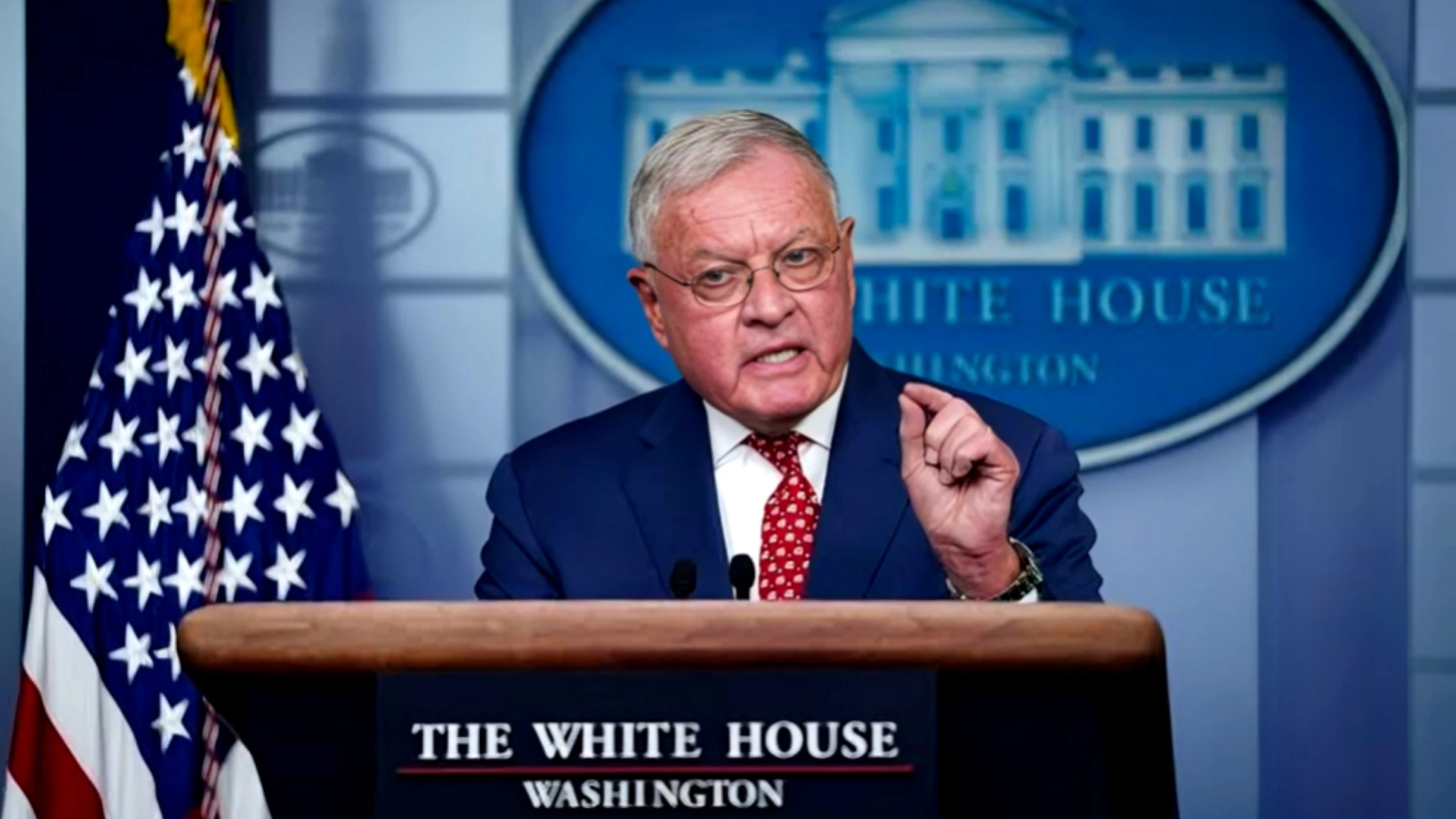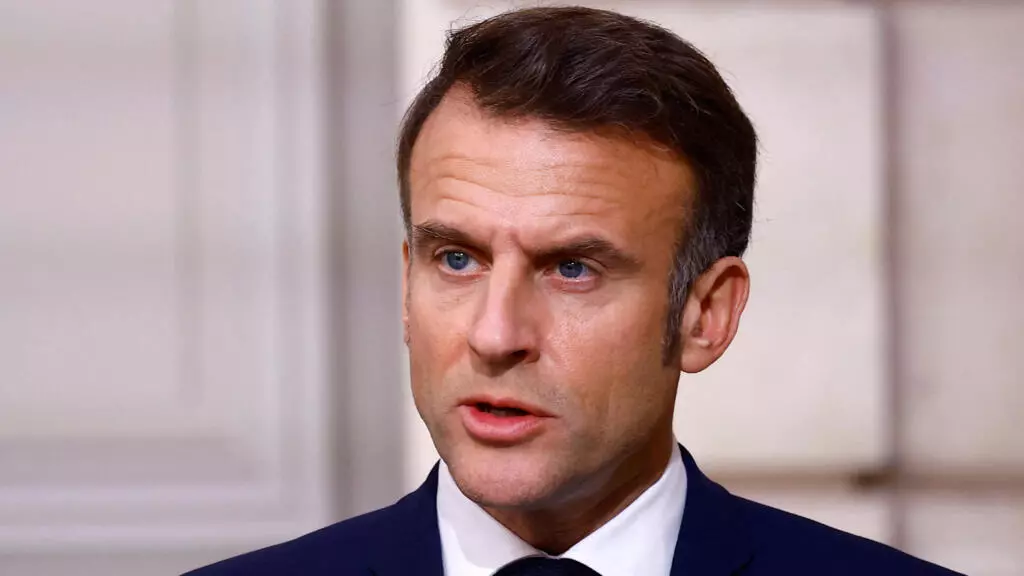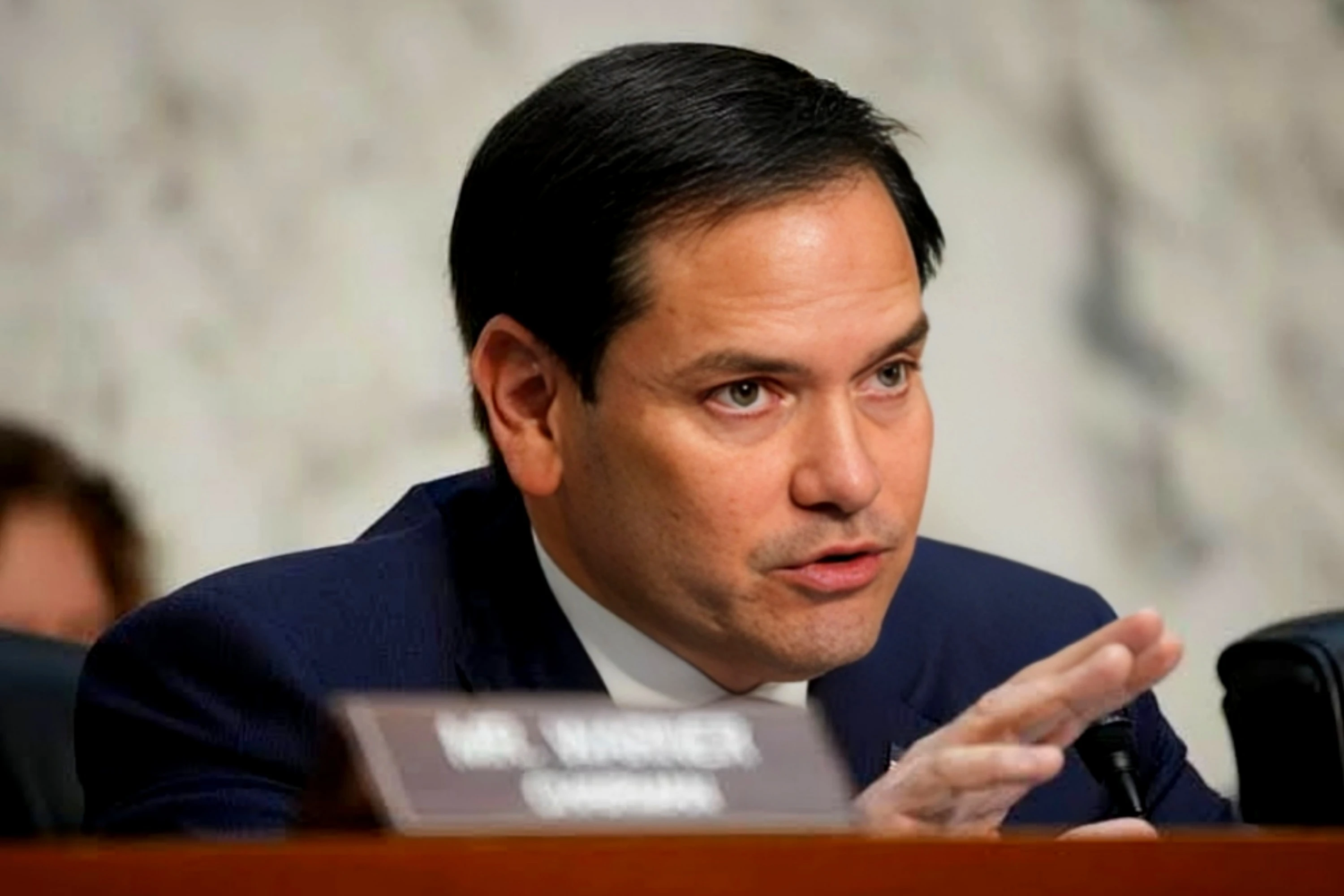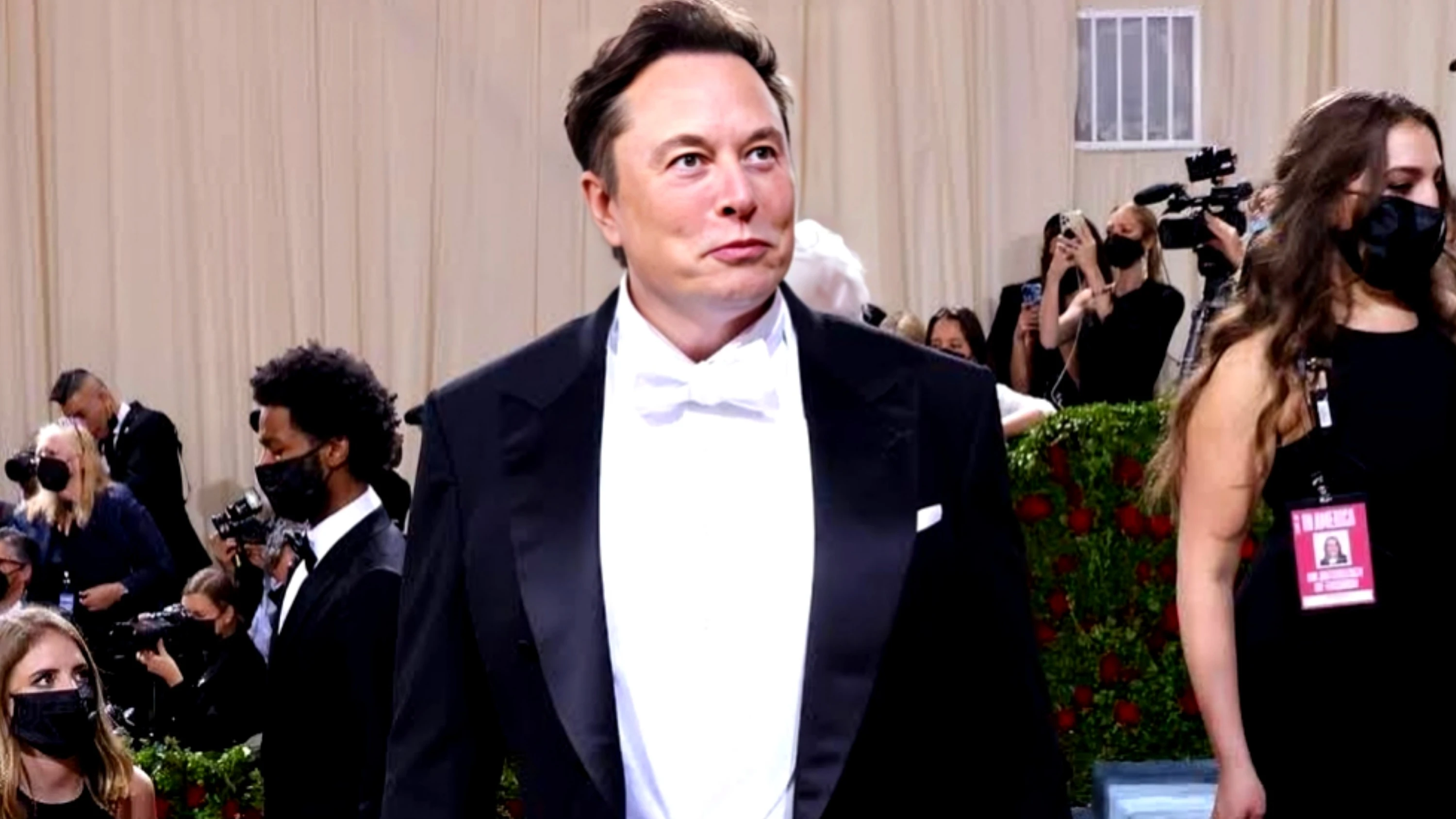Moscow: Russia has suggested holding a second round of direct negotiations with Ukraine to explore options for a peace deal, according to Russian Foreign Minister Sergei Lavrov. The talks are proposed to take place in Istanbul on June 2, but Ukraine has yet to formally respond.
Lavrov urged all parties genuinely committed to the peace process to support the meeting, highlighting the importance of diplomatic engagement amid ongoing conflict.
This new push for dialogue comes amid criticism from U.S. President Donald Trump, who expressed concerns that Russian President Vladimir Putin may be deliberately stalling peace efforts. Trump also voiced frustration over continued Russian airstrikes in Ukraine.
Earlier this month, Russian and Ukrainian representatives met in Istanbul for the first time since March 2022. While Putin himself did not attend, the meeting led to a notable exchange of 1,000 prisoners of war. Ukrainian President Volodymyr Zelenskyy had previously challenged Putin to meet directly, a request that went unfulfilled.
Putin has indicated willingness to develop a peace memorandum with Ukraine, though concrete progress has been limited.
Trump, meanwhile, signaled caution about introducing new sanctions on Russia, suggesting that doing so might disrupt potential ceasefire negotiations. "If I think I'm close to getting a deal, I don't want to screw it up by doing that," he said during remarks at the White House.
He also warned that if Putin is using negotiations as a delaying tactic, the U.S. would alter its approach accordingly.
In a separate development, German Chancellor Friedrich Merz and President Zelenskyy announced plans for joint production of long-range missiles and other military equipment in Ukraine. Speaking in Berlin, Merz confirmed that Germany would not restrict the range of these weapons, marking a significant policy shift.
The two leaders emphasized expanded cooperation on defense manufacturing, including drones, and revealed that formal agreements for building production facilities had already been signed.
Germany's move follows recent decisions to lift range limitations on Western-supplied weaponry, potentially allowing Ukraine to strike deeper into Russian-held territory.


